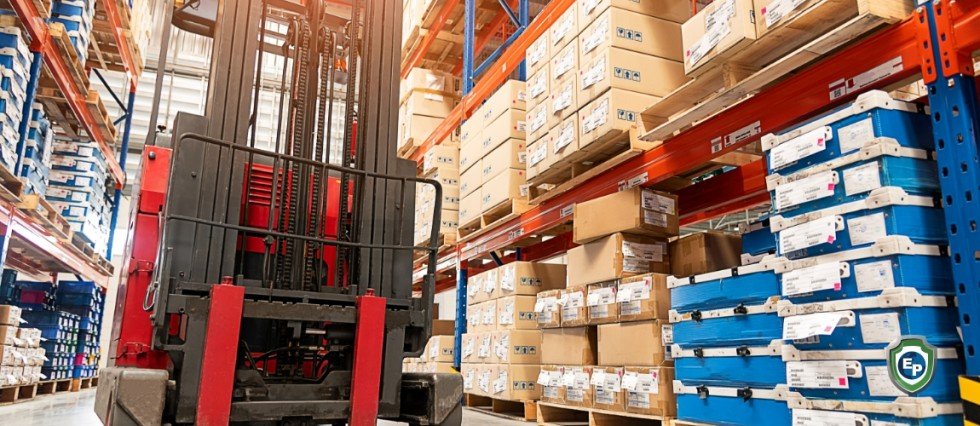Beginner’s Guide to Importing: Understanding the Business of Importing
The ability to successfully import products will assist your company in reaching new heights, such as expanding your business and entering new markets. Come check out Export Portal's beginner's guide to importing!

One of the most significant opportunities to grow your business and reach out to new markets is the ability to import products. Depending on the type of products you intend to import, you must obtain the necessary license or go through complex customs procedures.
Many people enter a business without proper training, knowledge, or research. Business closures, job losses, and unnecessary heartache have resulted from this. Importing has been one area where many people are caught unaware.
Before beginning the importation process, you must familiarize yourself with these essential steps:
1. Know Your Product and Market
You should know what you want and where it comes from before you source products. You can source the products you need through sites like Alibaba, sourcing agencies, or visiting factories in the country you plan to import.
If you plan to purchase goods from abroad, you must research the market. Things to consider include: whether or not there is a demand for the product, the quantity needed, and whether shipping should be by air or sea.
Consider quantity while being as cost-effective as possible. Shipping costs per unit are low when buying bulk, but importing too much at once can still be costly. Also, air freight could benefit fast-moving markets because of its convenience and speed.

2. Find Out What Your Shipping Terms Are and Get an Estimate/Quote
It is essential you know what you are paying for, what transportation costs you are responsible for, and when you are required to pay. Ensure you know about duty, VAT, and insurance costs before contacting freight services.
Often, shipping companies can provide information about duty and VAT costs. While your shipment is in transit, it must be insured to safeguard against losses that plague freight. Preparation for customs and timely payment of invoices are also necessary.
3. Shipment Tracking
Tracking does not just mean checking the location of your goods; it means tracking your shipment at all times. Learn how long it will take for the package to reach you before beginning the process.
Know the production schedule and transit time and plan for the possibility of unreliable delivery dates. If your product takes four weeks to make and another four weeks to ship to you, you will want to know that upfront.
4. Make a Delivery Plan
When your items arrive, you don't want to be unable to store them due to lack of space. You can consider renting a storage facility if your store room isn't big enough to house your imports. Arrange to have your shipment delivered when your storage facility is open.
Let Export Portal Help You
In the world of trade, it is important to stay updated on all current events. For more useful blogs like this one, make sure to check out the rest of Export Portal’s Blog Page!


















Comments 2